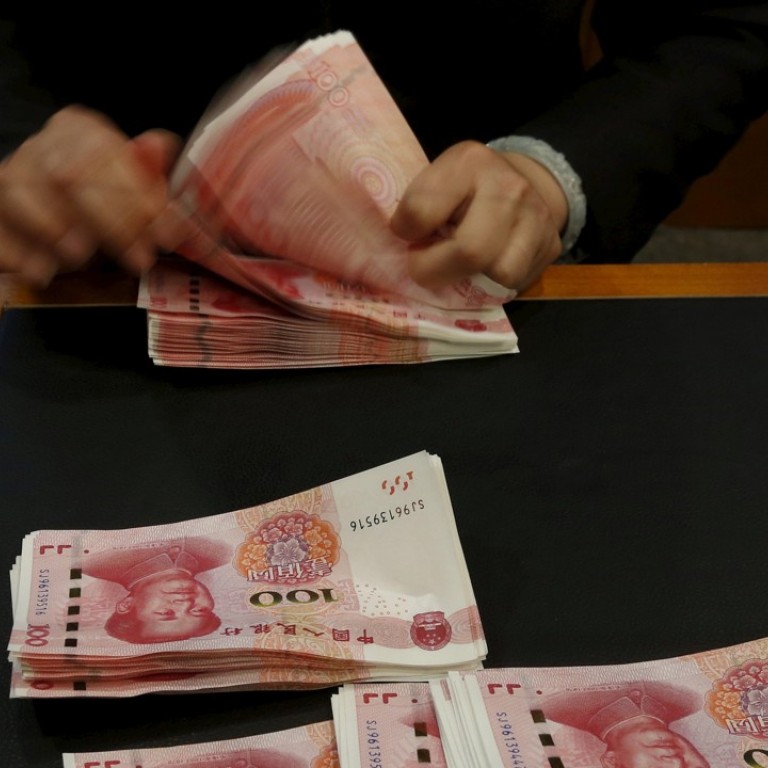
Beijing urged to print more money to help China cope with Donald Trump’s trade war
‘Prudent’ monetary policy is binding the country’s hands, former official argues
Beijing should loosen its monetary policy to boost domestic demand as a way of managing the threat of additional tariffs from Washington, a former senior official said on Sunday.
“We must fully play up the role of monetary policy in bolstering domestic demand” when Donald Trump’s trade war is directly hitting the country’s export sector, Zheng Xinli, former deputy director of the Central Policy Research Office of the Communist Party told a seminar in Beijing.
Speaking at Renmin University of China, Zheng said Beijing’s “prudent monetary policy”, which means it will not print more money to help growth, was binding its hands.
The Chinese leadership has already decided to make its fiscal policy more proactive by accelerating spending on infrastructure projects and encouraging local governments to issue bonds.
But Chinese banks remain largely restrained in their lending – a sharp contrast to the situation a decade earlier when the banking system pumped out money to maintain an all-out stimulus programme.
China trade outlook darkens as Donald Trump threatens total tariffs
Zheng said Beijing should be bolder in printing money.
“It is like a battle. China has kept its most powerful force in reserve but sent the second-best troops to the frontline,” Zheng told dozens of participants during a discussion on the 2008 global financial crisis and the country’s risk management policies.
Instead, he argued, China’s banking system and monetary policy should do their part in helping the country cope with the escalating trade war. Trump has decided slap tariffs on an extra US$200 billion of Chinese goods and could do so as early as next Monday, according to The Washington Post.
Zheng’s comments are in sharp contrast from the mainstream view – and Beijing’s official line – that China cannot rely on printing more money to bolster growth as it would only accumulate China’s own economic and financial risks.
In late July President Xi Jinping said the country must strive to stabilise its economy and one way to achieve that was to boost fiscal spending, especially on infrastructure.
The People’s Bank of China is reluctant to significantly loosen its monetary policy but relies on “targeted” easing.
China has the advantage of having time on its side in this trade war
Last month its broad money supply growth slowed to 8 per cent last month, below the rate of nominal GDP growth, while credit growth hit a record low as banks made fewer new loans.
The Chinese government has repeatedly said that it will not go back to the post-2008 mode when it rolled out a 4 trillion yuan (US$580 billion) stimulus package, which was the root of a number of problems such as high debts, low investment efficiency and a structural imbalance.
China’s outstanding money supply at the end of August totalled 177 trillion yuan, or twice that of national gross domestic product.
Zheng, however, said China does not have to worry about that because its financial structure is different from Western countries.
“A tight control of credit will endanger the economy’s vigour,” he said.
Cutting debt is one of Xi’s three main economic priorities, but China relaxed its deleveraging campaign over the summer due to the disruption caused by the trade war.

